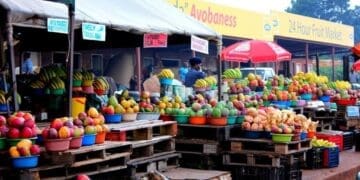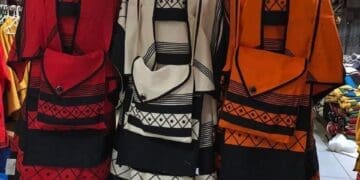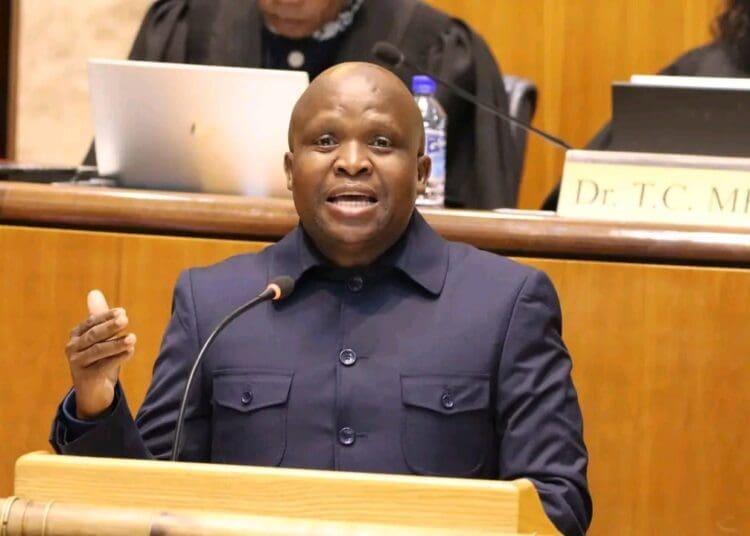A R35 million investment from the North West agriculture and rural development department has sparked renewed energy among black-owned agricultural SMEs.
The funding aims to overhaul the structural barriers that keep rural farmers out of national beef value chain.
It forms part of what MEC Madoda Sambatha calls a “deliberate transformation push”, where emerging black livestock farmers are not just included but prioritised.
“We are not giving out donations, we are investing in transformation,” said Sambatha.
“A farmer without land is a singer without a song. We are here to give both the stage and the mic so that black farmers can finally be heard, seen and taken seriously in the mainstream agricultural economy.”
Across towns like Ganyesa, Taung and Vryburg, black farmers are hopeful.
Mavis Molokwane, a 41-year-old cattle farmer near Vryburg, said the formal red meat economy has always felt closed off. She also owns the Molokwane Meat Products company.
“We have been farming cattle since my grandfather’s time. But no one teaches us how to enter the formal market. The abattoirs say our cattle are not good enough. The banks treat us like hustlers, not farmers.
“This funding must help us grow businesses, and not just tick boxes,” she said.
Thabiso Molope, 29, who leads youth-owned cooperative Beefmaster Group Pty Ltd in Ganyena, said the challenge was broader.
“We want to sell to supermarkets, not from bakkies at the taxi rank,” he said.
“But how? We don’t have vet access, land leases, or cold rooms. Some of our members gave up farming and went back to town because they couldn’t sustain it.”
Molope hopes the department’s plan will address infrastructure concerns and not just inputs and once off training.
“If this is serious, we want long-term extension support. Real mentorship. Not just a feedlot for the cameras.”
Less than 10% of formal beef in retail chains comes from black farmers. The rest is controlled by commercial, often white-owned operations with decades of inherited infrastructure and capital.
























































